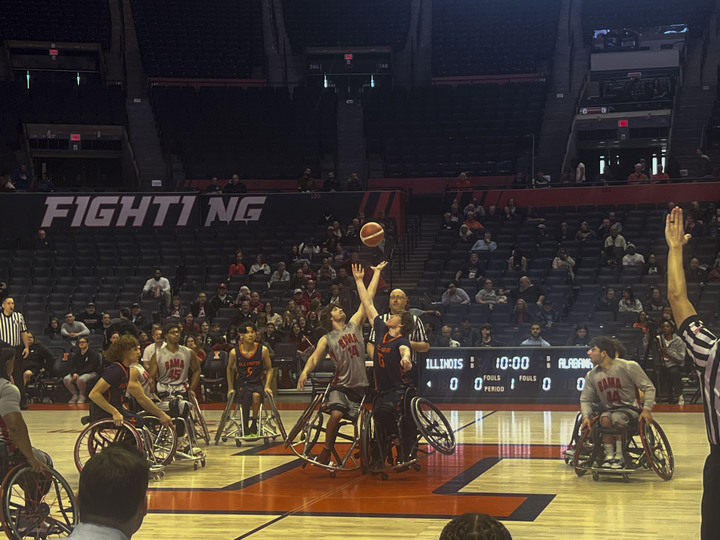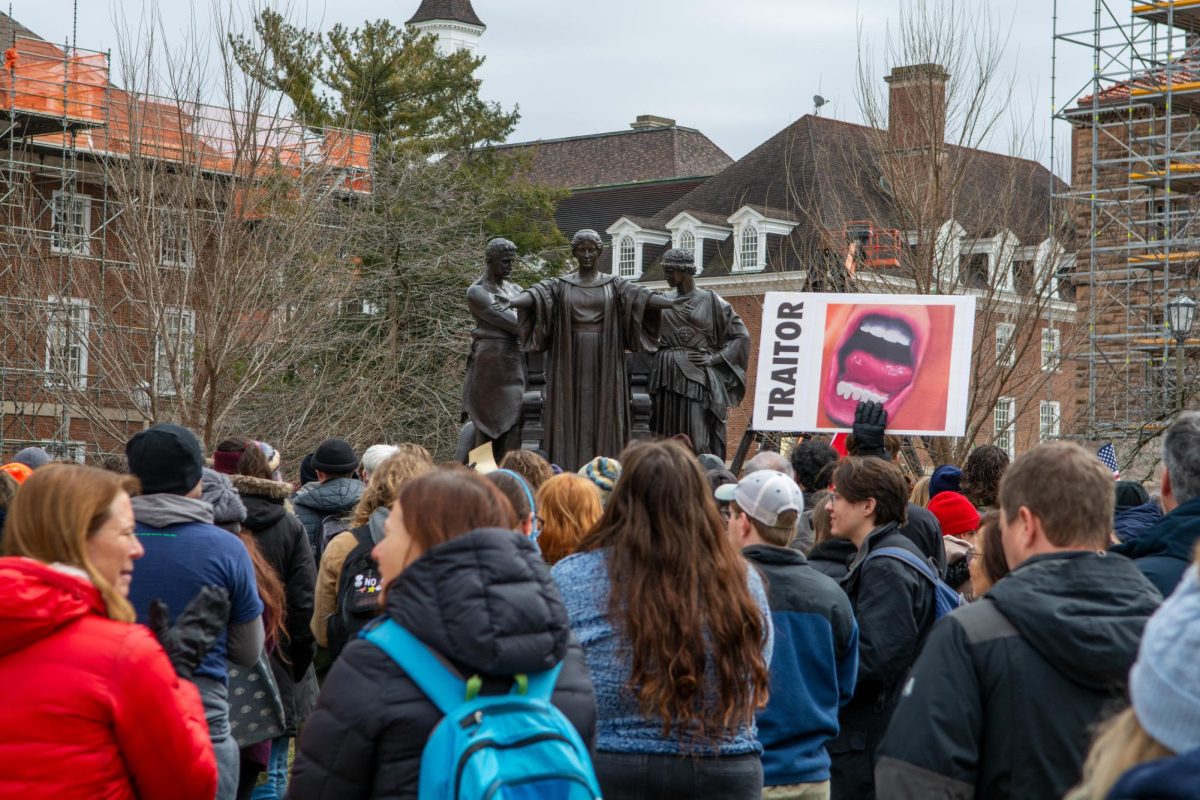Registration for the International E-Waste Design Competition kicked off on Jan. 4. Between the starting date and April 1, college students from around the world are invited to pool their efforts to help reduce the electronic waste that contributes to overflowing landfills.
William Bullock, director of the competition and professor of industrial design, began the competition in 2009, providing students with a chance to help with this issue.
Bullock decided to draw attention to the issue by organizing the competition, which would help prevent electronic waste from going to the landfill.
“2009 was the first year. We competed locally on campus only, and we were so successful we decided to offer the opportunity internationally,” Bullock said.
Other than contributing to a healthier environment, Bullock said the competition offers $20,000 in scholarship money, which is split between six winning teams.
Get The Daily Illini in your inbox!
The competition centered on a course Bullock taught on the subject of electronic waste. It offered an opportunity for students to research the subject as well as contribute their own designs to the competition.
Along with college students, high schools around the world are also taking an interest in the competition, said Joy Scrogum, emerging technology resource specialist and general contact for the competition.
The competition encourages those who enter to hold electronic equipment drives and assist their local communities in saving their electronic waste. This way, competitors can experience the impact that is made with a little effort, Scrogum said.
Most of the entries in the competition are demonstrations, not finished products.
“Whether they will be marketable and successful, I don’t know. But I think they are successful in demonstrating that things should be disposed of properly,” Bullock said.
One thing people do not realize is how valuable their old electronics are, he added. When these items end up in landfills, that value is lost. If people would refrain from throwing out their old electronics, it can create more jobs for people working toward reusing these devices.
“It is a huge problem internationally,” Bullock said. “There are terrible results of all this waste being piled up.”
People are constantly becoming more obsessed with having the newest technology, Bullock said. However, he wishes people would consider whether newer is really better. Consumers replace their electronic devices more frequently than necessary based on visual appeal. Bullock said he suggests purchasing products based on their sustainability.
“This is a very timely issue. Ours is a throw-away society,” said Manohar Kulkarni, director of Illinois Sustainable Technology Center and adjunct professor of mechanical science and engineering.
It time for our world to establish some recycling laws, Kulkarni said. Bullock is hopeful for the creation of a national research laboratory at the University to assist with the problem of electronic waste.
“We’re working towards applying for some money from the Environmental Protection Agency and other government agencies to establish a real research center at the University,” Bullock said.
This will provide bright minds a place to develop their research and education on electronic waste.
“Through better design, through better information, through better research, we hope we can help become a leader and help design devices to be reused,” Bullock said.






